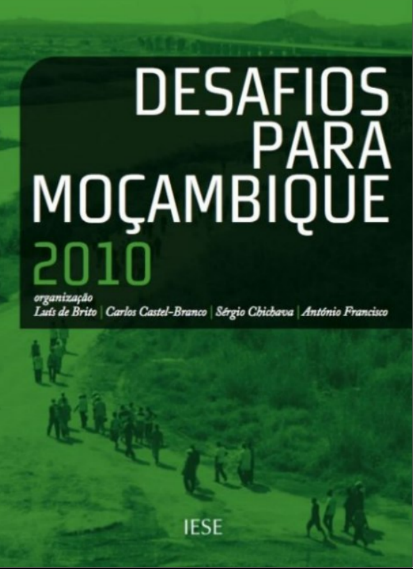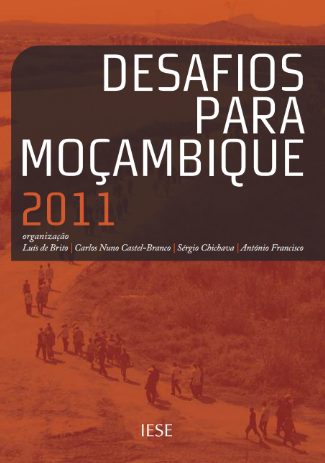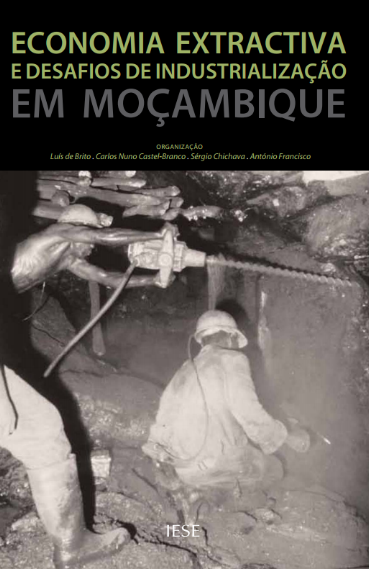European Regional Assessment for the FAO Voluntary Guidelines on Responsible Governance of Tenure of Land and other Natural Resources
FAO (Food and Agriculture Organization of the United Nations) and other development partners are working together with countries to prepare Voluntary Guidelines that will provide practical guidance to states, civil society, the private sector, donors and development specialists on the responsible governance of tenure. By setting out principles and internationally accepted standards for responsible practices, the Voluntary Guidelines will provide a framework and point of reference that stakeholders can use when developing their own policies and actions.








